Focusing on sleep needs during the growing years
Sleep is an integral part of human life, especially for children and teenagers. During the growth period, sleep not only affects physical development and health, but also affects learning, memory, emotion, and social interaction. Therefore, it is an important responsibility of parents and educators to ensure that children and adolescents have adequate and high-quality sleep.

How much sleep do children and teenagers need?
Children and teenagers of different ages have different sleep needs. Generally speaking, as you age, the amount of sleep you need each day gradually decreases. Here are the recommended sleep time ranges for different ages from the National Sleep Foundation:
|
These numbers are only a reference, and specific sleep needs must be determined based on factors such as individual physical condition, living habits, and daily activities. If you want to know if your child is getting enough sleep, look for the following signs during the day:
- Tired or sleepy easily
- Mood swings or irritability
- Difficulty concentrating or learning
- Behavioral problems or resistance
- Decreased immunity or prone to illness
If you notice any one or more of the above symptoms in your child, it may mean they are not getting enough or quality sleep.
How to improve sleep quality in children and teenagers?
To give your child a good sleep, you can start from the following aspects:
- Establish a fixed sleep schedule so that children go to bed and get up at the same time every day, and try to avoid staying up too late or staying in bed.
- Create a comfortable, quiet, dim and clean sleeping environment, maintain appropriate temperature and humidity, and reduce noise and light interference.
- Limit children's use of electronic devices, such as mobile phones, computers, TVs, etc., before going to bed, because these devices emit blue light, which affects the secretion of melatonin and delays the time to fall asleep.
- Encourage children to engage in appropriate physical exercise during the day to enhance physical fitness, promote blood circulation, and improve sleep quality.
- Avoid letting children consume foods or drinks containing caffeine, sugar or stimulating substances at night, such as coffee, tea, chocolate, cola, etc., because these substances can affect the activity of the nervous system and make it difficult to fall asleep.
- Educate children on correct sleep hygiene knowledge, let them understand the importance and benefits of sleep, and cultivate their positive attitudes and habits towards sleep.

Conclusion
The sleep health of children and adolescents is a topic worthy of our attention and attention. As parents and educators, we should do our best to provide children with an environment and atmosphere conducive to sleep, help them develop good sleep habits, and allow them to enjoy the benefits of sleep as they grow up.

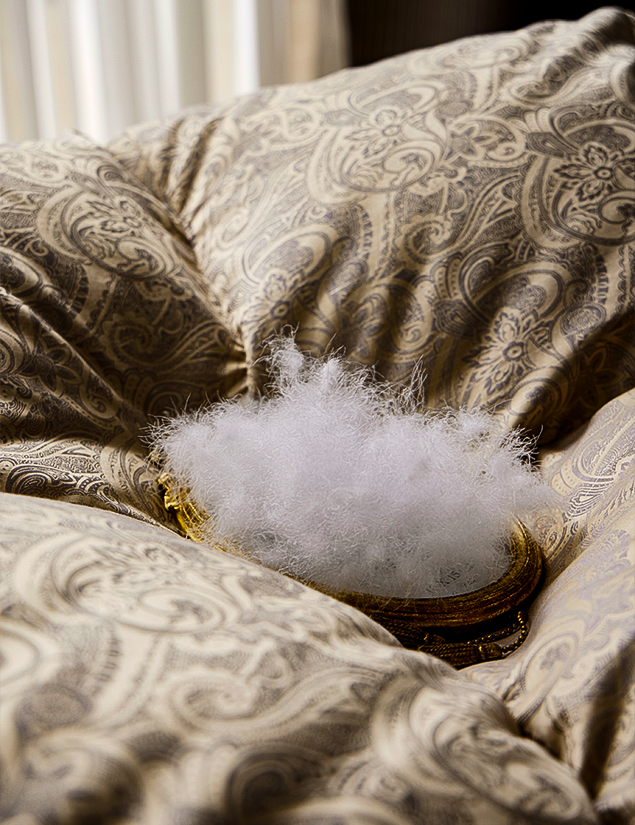


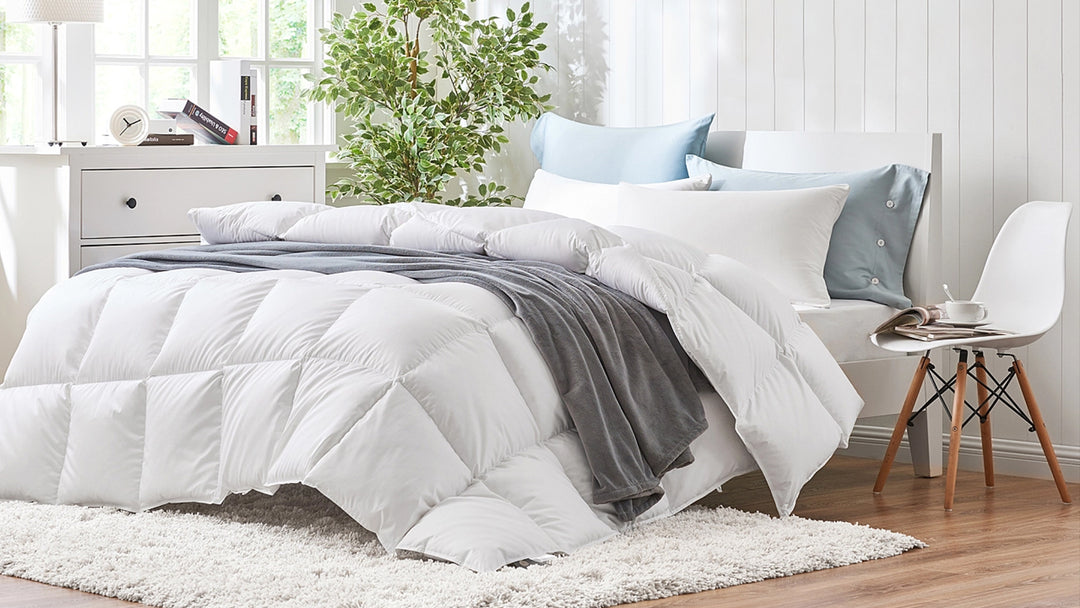

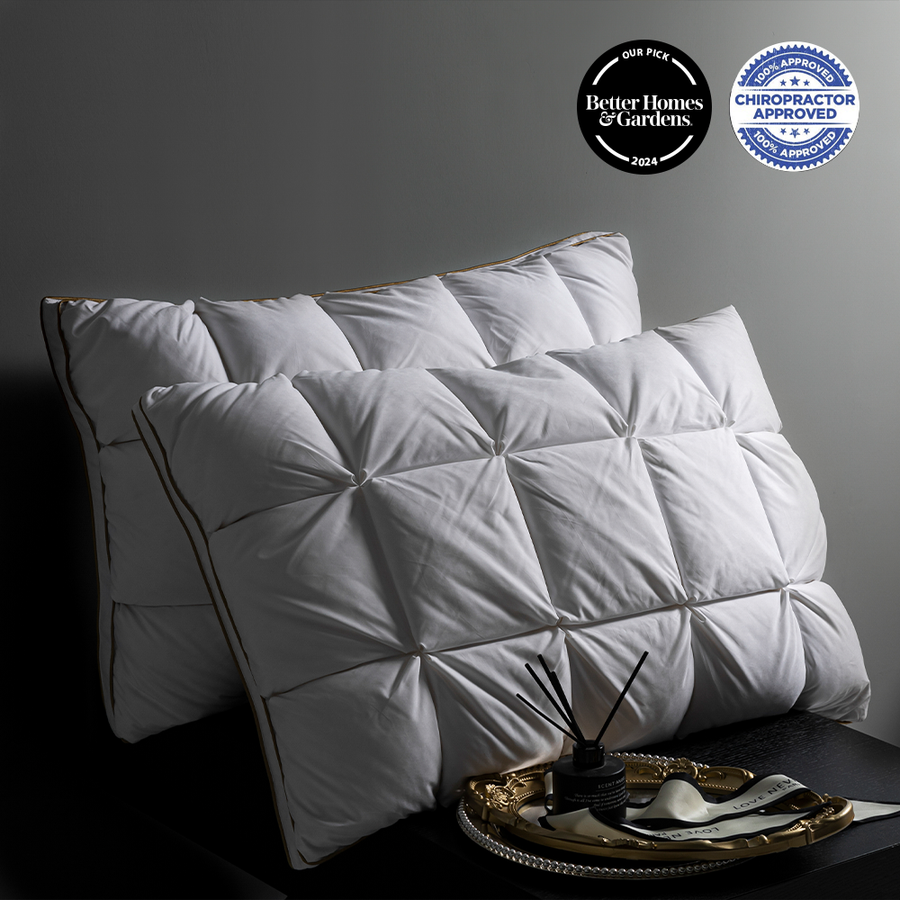
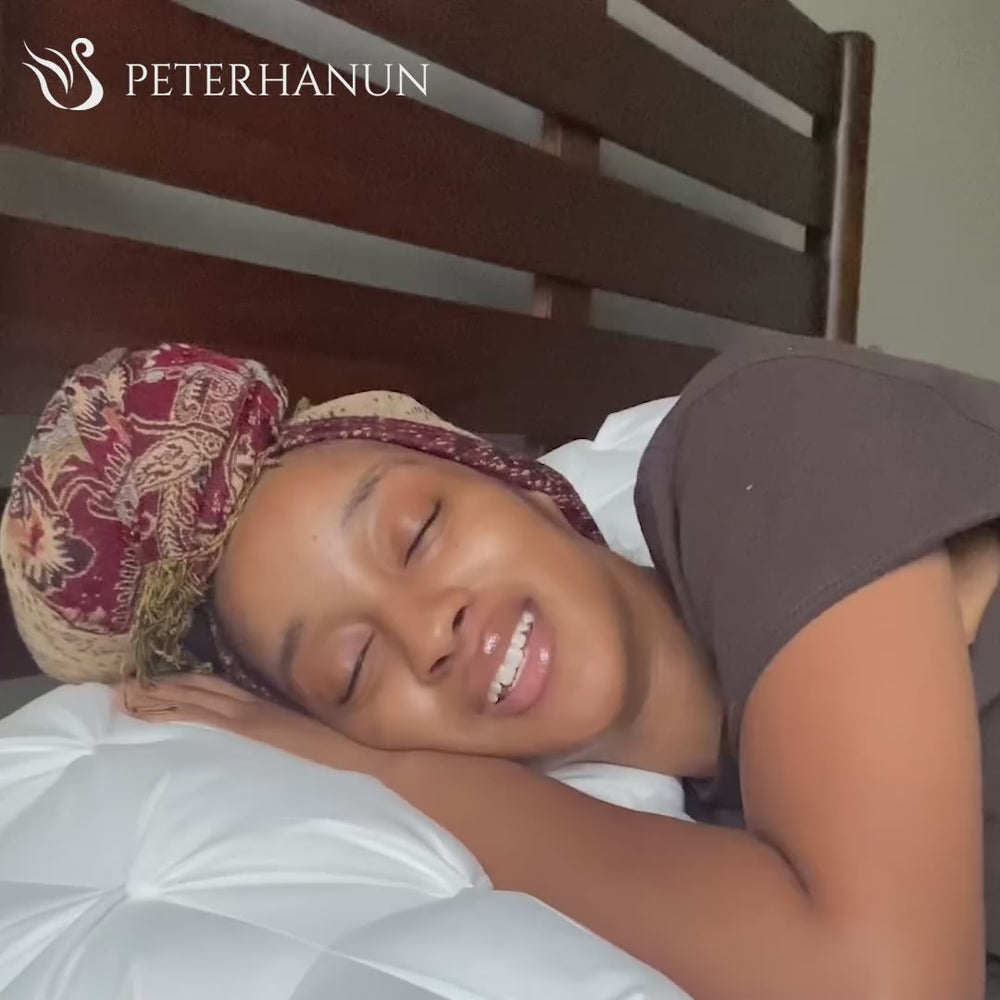

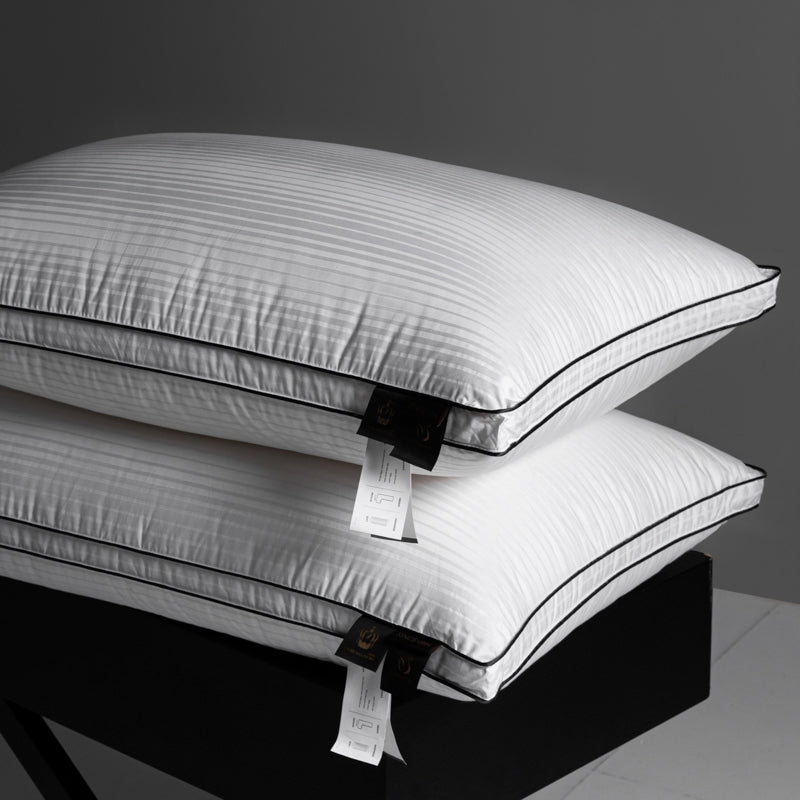

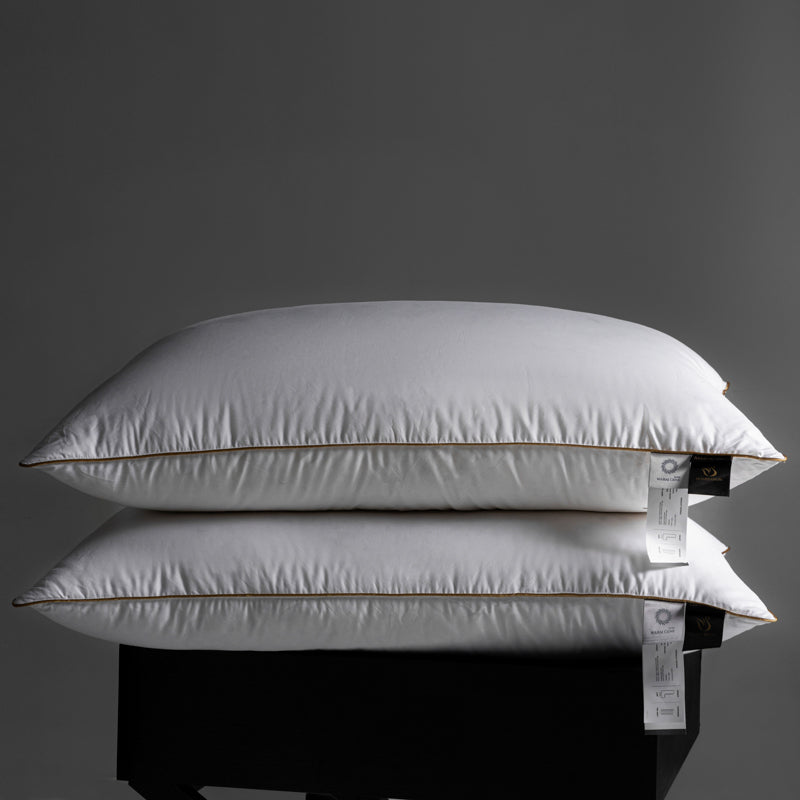
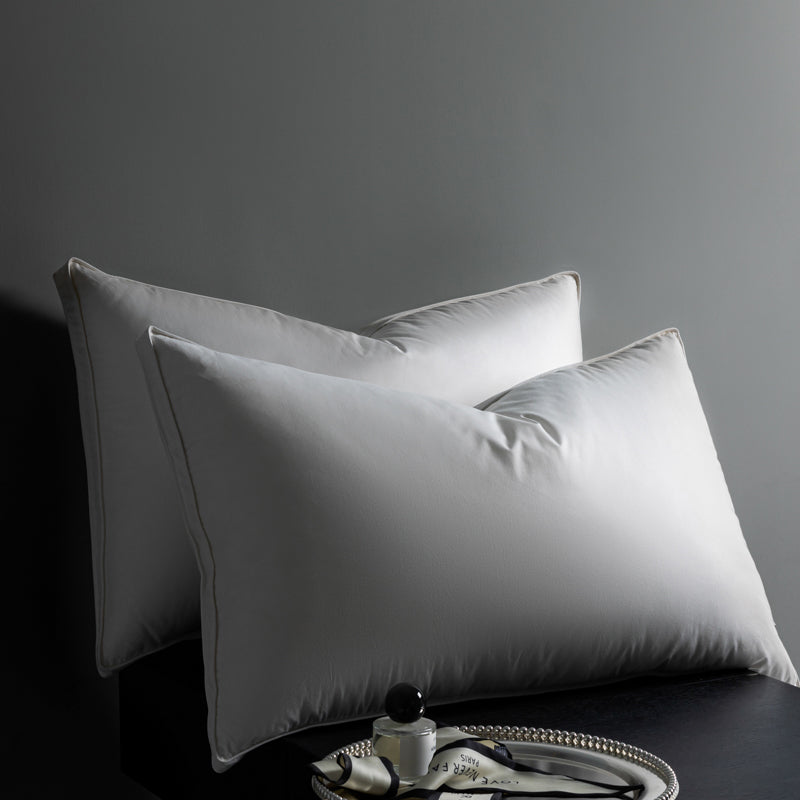



Leave a comment